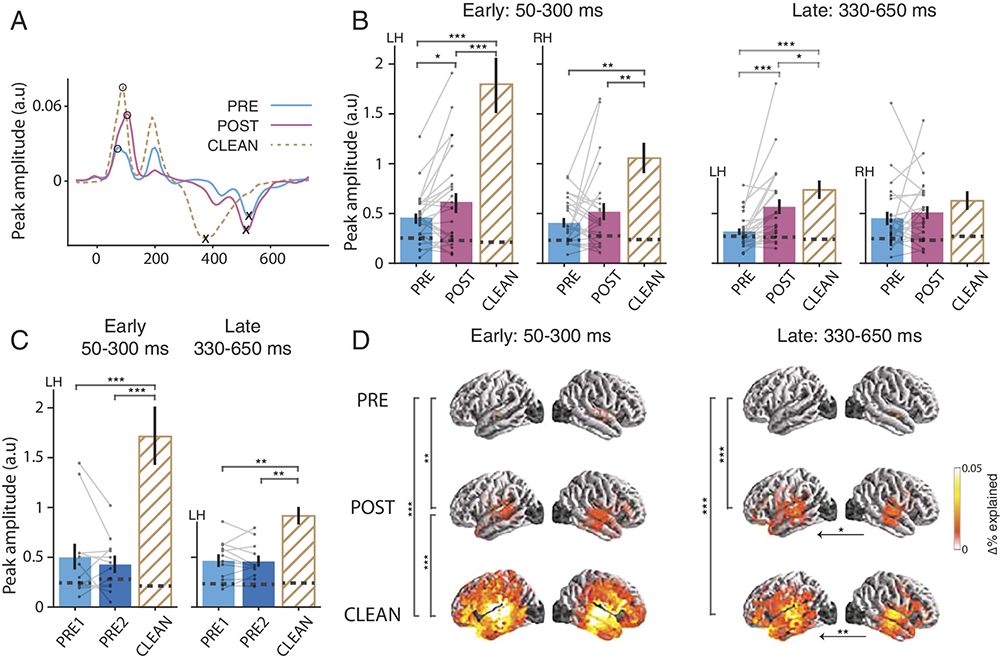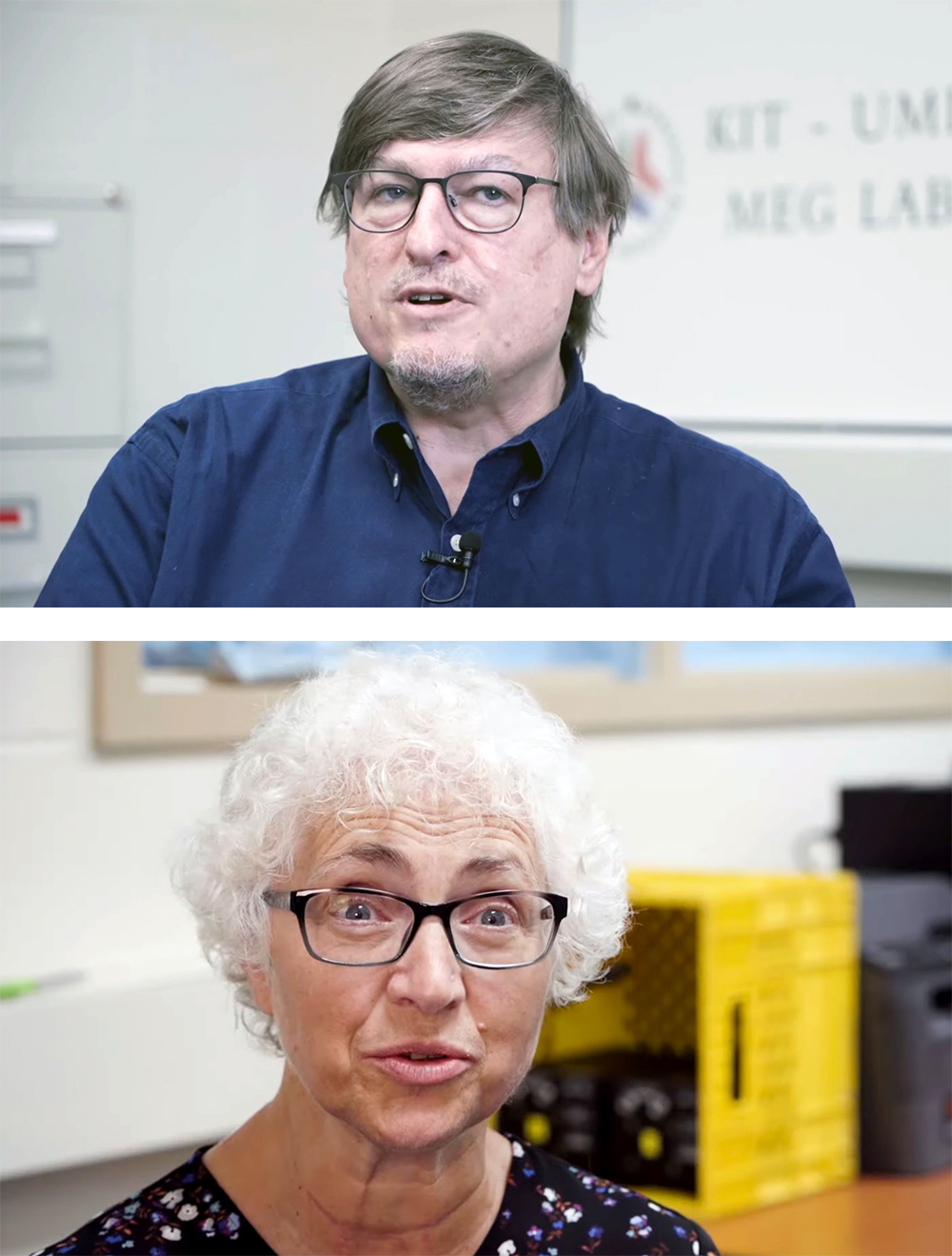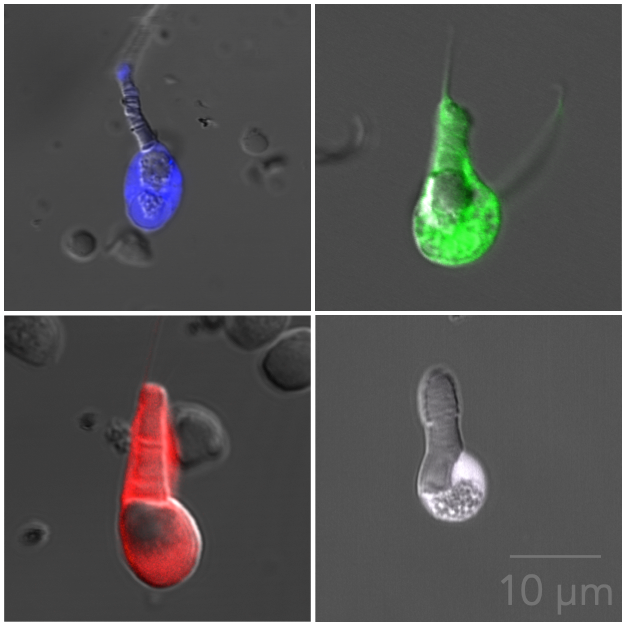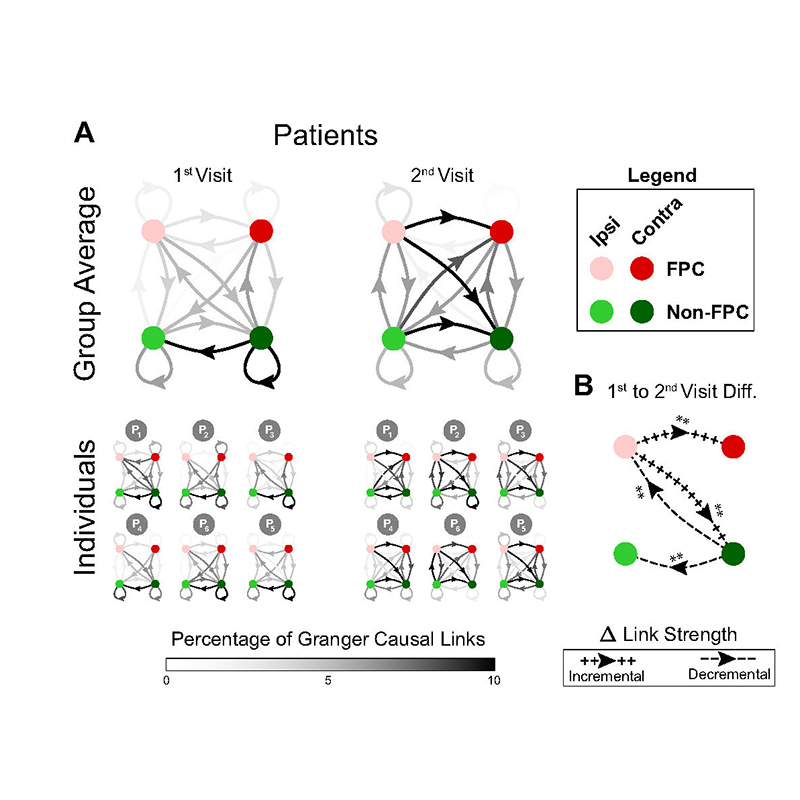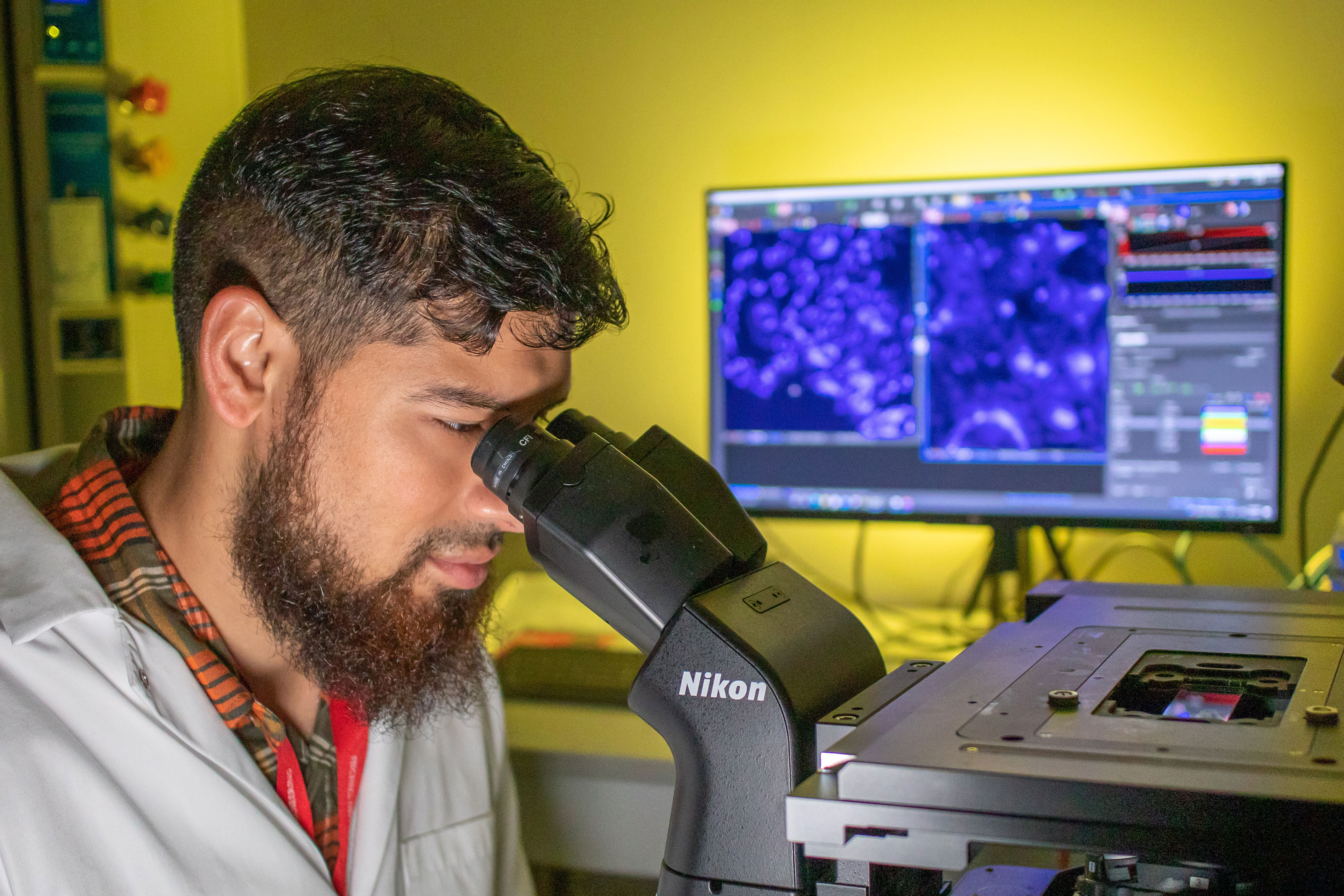News Story
Fritz, Shamma are collaborators on new DARPA Targeted Neuroplasticity Training Program
ISR Associate Research Scientist Jonathan Fritz and Professor Shihab Shamma (ECE/ISR) are research collaborators in a Defense Advanced Research Projects Agency (DARPA) Targeted Neuroplasticity Training (TNT) program to study the effect of peripheral nerve stimulation on second language acquisition and brain plasticity.
The University of Maryland will receive up to $8.58 million from DARPA for the research.
Led by researchers from the UMD Center for Advanced Study of Language (CASL), the project seeks to examine whether stimulating the vagal nerve improves adults’ brain plasticity to help them learn a second language. The stimulation is delivered via an earbud that transmits a safe, low-voltage electrical signal to a peripheral branch of the vagal nerve.
The goal of the collaborative project is to thoroughly study vagal nerve stimulation (VNS) as a method of safely and rapidly enhancing foreign language learning. The researchers will use behavioral and neuroimaging methods to examine the effects of VNS on auditory, acoustic, and speech perception learning, vocabulary and grammar learning for written language, and short- and long-term neuroplasticity in the brain. Additionally, the research team will map the dynamic neural networks activated during VNS and learning. The Institute for Systems Research’s complementary studies on auditory learning will address the neural basis for enhanced neuroplasticity with vagal nerve stimulation, which leads to the targeted release of neuromodulators that improve the brain systems for attention, learning and memory.
The principal investigators are Henk Haarmann, Stefanie Kuchinsky, Polly O’Rourke, and Gregory Colflesh, all cognitive neuroscientists at CASL. Fritz, Shamma, and Jamie Tyler from Arizona State University’s School of Biological and Health Systems Engineering are the additional researchers.
“CASL is ideally positioned to conduct the fundamental and applied research studies in this project with our partners at the University of Maryland and Arizona State,” said Michael F. Bunting, Ph.D., acting executive director at CASL. “Cognitive neuroscience has long been an active part of language research. I believe that DARPA’s strong commitment to fundamental research is an integral part of moving science innovation forward.”
The TNT program is part of a broader portfolio of DARPA programs that support the federal government’s BRAIN Initiative (Brain Research through Advancing Innovative Neurotechnologies). Click here to read DARPA's press release about its TNT program.
Published May 8, 2017

